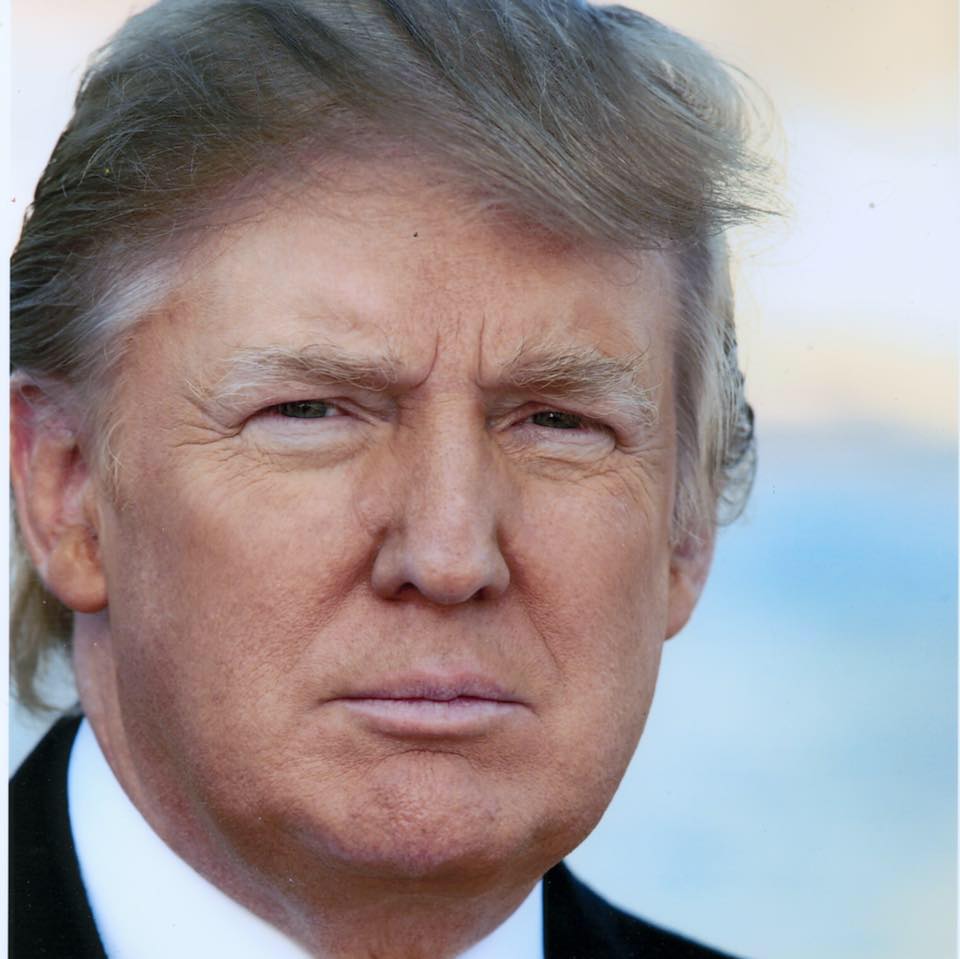America’s Roseannes Want the Government to Stop Stealing Their Land, President Trump
The massive success of ABC’s “Roseanne” reboot ignited another explosion of discussion about Trump voters. You see, not only is the blunt-talking, blue-collar television Roseanne an un-ironic Trump supporter, but her real-life counterpart is too.
Like so many other Trump supporters, Roseanne Barr connects with his populist message. Take immigration. When making the case for Trump in 2016, she called illegal immigration a “scam,” saying, “When people come here and they get a lot of benefits that our own veterans don’t get. What’s up with that?”
But President Donald Trump’s populist immigration stand is intertwined with an elitist streak he exhibited back when his day job was real-estate developer. And that elitist streak is on the verge of resurfacing.
We produced a new feature film about another blunt-talking blue-collar woman. Little Pink House stars Academy Award nominee Catherine Keener, and is based on the historic saga of Susette Kelo, a paramedic who is starting over in New London, Connecticut. After a life of struggle, she finds a rundown cottage. She refurbishes it with her own hands, paints it pink, and gazes at the calming water view. She finally has something that is all hers.
Then Susette discovers powerful politicians are bent on bulldozing her home and modest neighborhood so a developer can build high-end condos and other facilities to benefit pharmaceutical giant Pfizer. Execs are looking to expand into the area because they have high hopes for a soon-to-be-released drug called Viagra, and backers of the redevelopment plan promise it will boost tax revenue and resuscitate the stagnant local economy.
But Susette refuses to be bullied. She emerges as the reluctant leader of her working-class neighborhood, and leads them in an epic battle that goes all the way to the U.S. Supreme Court.
Suddenly, Susette and her little pink house were national news. Polls showed that Americans overwhelmingly sided with Susette, but perhaps the most famous exception was Donald Trump.
Trump has long agreed with the elitist “we know best” mentality of government officials who often regard other people’s homes and small businesses as items that may be rearranged to suit political leaders’ goals and tastes.
As a developer, Trump wasn’t shy about turning to eminent domain to boost his bottom line. For instance, he sought to snatch the Atlantic City home of a widow named Vera Coking and turn it into a parking lot for limousines. While running for president, he praised eminent domain on Fox News.
What does eminent domain have to do with immigration?
Much of the land needed for Trump’s border wall is privately owned, and constructing the wall could unleash a wave of property-rights abuses. That’s what happened during the construction of the wall’s most recent analog — the comparatively small border fence.
The plan won bipartisan congressional support and, in 2006, President George W. Bush signed the Secure Fence Act. President Barack Obama oversaw the construction of the 654-mile-long fence.
An investigation by ProPublica and The Texas Tribune describes the border fence as “a botched land grab that serves as a warning for the future.”
The report reveals that the Department of Homeland Security secretly waived legal safeguards for property owners and issued lowball offers that hit poor landowners hardest: “Larger, wealthier property owners who could afford lawyers negotiated deals that, on average, tripled the opening bids from Homeland Security.”
> Smaller and poorer landholders took whatever the government offered — or wrung out small increases in settlements. And many who refused to capitulate faced lawsuits.
> In less than a year, the Department of Homeland Security meted out more than 360 eminent domain lawsuits against property owners in Texas, New Mexico, Arizona, and California.
> The border wall would be about twice the length and twice the size of the border fence, making the potential for government abuse greater.
And it’s not just the border wall that could trip Trump’s elitist impulse. His $1.5 trillion infrastructure plan could also invite widespread abuse.
Eminent domain abuse typically strikes poor and minority communities, and now is the time for President Trump to use the power of government not to bully, but to protect such people.
There is some reason for hope because President Trump’s Supreme Court appointee, Justice Neil Gorsuch, did side with Susette.
By vowing to respect the property rights of all Americans, President Trump would honor the Roseannes and the Susettes all across the land.
As Susette Kelo said during testimony before a U.S. House of Representatives’ committee: “This battle against eminent domain abuse may have started as a way for me to save my little pink cottage, but it has rightfully grown into something much larger — the fight to restore the American dream and the sacredness and security of each one of our homes.”












